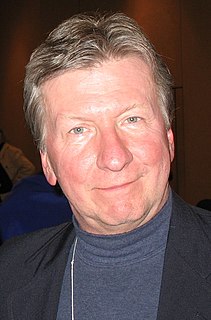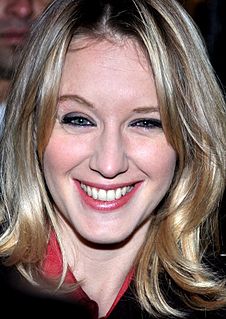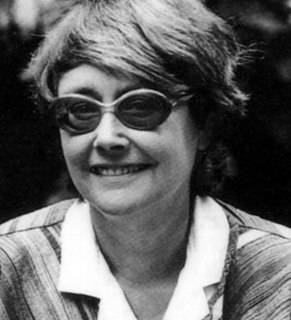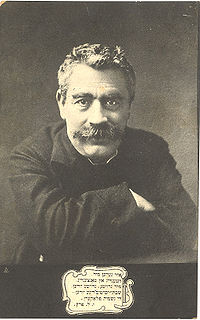Top 1200 Stranger Than Fiction Quotes & Sayings - Page 15
Explore popular Stranger Than Fiction quotes.
Last updated on December 19, 2024.
There are many other writers whose work I admire tremendously, but none whose work struck me at just the right young age. Jack Vance taught me that speculative fiction, science fiction, could be wonderfully and liberatingly stylistic. It didn't have to be pulp stuff. He really changed my writing and my view of science fiction, so if nothing else, my little homage to him in the novelette I wrote for that anthology is my thank-you to him. He helped me see that any genre can have excellent writing in it.
When a stranger comes into our presence, then, first appearances are likely to enable us to anticipate his category and attributes, his 'social identity' - to use a term that is better than 'social status' because personal attributes such as 'honesty' are involved, as well as structural ones, like 'occupation.'
As an actress, I think I really understand that stage where you think you are picking reality in order to feed the fiction, but it happens to be the contrary. It's the fiction that suddenly feeds your reality. And you don't know how it has been done. That's the kind of magical transposition that is art.
Science fiction, because it ventures into no man's lands, tends to meet some of the requirements posed by Jung in his explorations of archetypes, myth structures and self-understanding. It may be that the primary attraction of science fiction is that it helps us understand what it means to be human.
Why do you tolerate it? (Kat) The same reason Sin hasn’t resigned himself to death. There are six billion people on earth who need someone to protect them from things that are scarier than the tax man or a knife-wielding stranger. Things that a gun won’t stop. As long as their lives hang in the balance, what’s a little humiliation for me? (Acheron)
I really need to know where I'm going with fiction to write it in a way that at least I'm happy with. And I really think that a lot of fiction books end badly because terrific writers said, "I'll just figure it out" and plunge in, but have created so many problems that they are kind of impossible to solve. I mean, I'm talking really good writers do this and you can tell when they got to the end they either had to do something preposterous or they just don't really resolve things. So for fiction I spend a lot more time outlining and for humor I really don't do much of it.
What writers of fantasy, science fiction, and much historical fiction do for a living is different from what writers of so-called literary or other kinds of fiction do. The name of the game in F/SF/HF is creating fictional worlds and then telling particular stories set in those worlds. If you're doing it right, then the reader, coming to the end of the story, will say, "Hey, wait a minute, there are so many other stories that could be told in this universe!" And that's how we get the sprawling, coherent fictional universes that fandom is all about.
I'm a little skeptical of so-called narco fiction, I have to say, though some writers I admire may have written some narco fiction. You feel the dread and the atmosphere in Yuri Herrera's extraordinary novels, but you'd never say that what he writes is narco fiction. The same goes for Martin Solares's novels, inspired by the nightmare city of Tampico, where he's from. Valeria Luiselli, Álvaro Enrigue, I know that they're deeply affected by what goes on in Mexico, but their wonderful writing points in another direction, though not necessarily always and only.
I was reading Raymond Chandler very much with the feminist eye. In six of his seven novels, it's the woman who presents herself in a sexual way, who is the main bad person. And then you start reading more fiction, whether crime fiction or straight fiction, it's just bad girls trying to make good boys do bad things, going all the way back to Adam and Eve. The woman that thou gavest me made me do it, Adam says to God.


























































